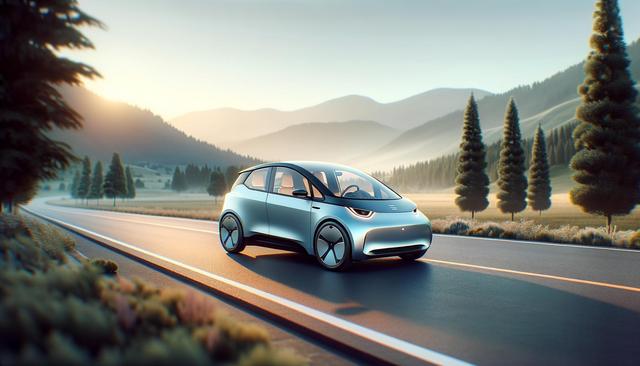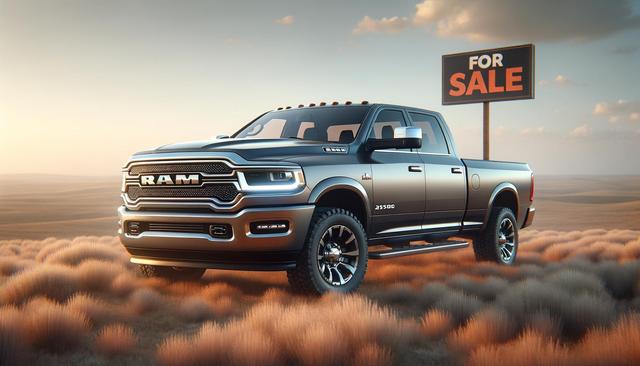Understanding the Appeal of Small Electric Cars
Small electric cars are gaining traction in urban areas and among individuals looking for compact, efficient transportation. These vehicles are designed to meet the needs of daily commuting, offering ease of parking, lower running costs, and a reduced environmental footprint. As cities implement stricter emission regulations and more people seek sustainable alternatives, the demand for electric vehicles (EVs) in the smaller segment continues to grow.
One of the main advantages of small electric cars is their compact size, which makes them ideal for navigating crowded city streets and tight parking spaces. Many models are equipped with the latest technology, including regenerative braking, advanced infotainment systems, and driver-assist features. Additionally, these cars typically have lower charging costs and maintenance requirements compared to their internal combustion counterparts.
For many first-time EV buyers, small electric cars offer an accessible entry point into electric mobility. Their affordability compared to larger electric models, combined with practical city range capabilities, makes them a logical choice for those who primarily drive short distances.
Battery Range and Charging Considerations
Battery range is a common concern when considering a small electric car. While these vehicles generally have smaller batteries than full-sized EVs, technological advancements have significantly improved their range. Most small electric cars today offer between 100 to 200 miles of range on a single charge, which is more than sufficient for city driving and short commutes.
Charging options are another important factor. Small EVs can typically be charged at home using a standard outlet or a Level 2 charging station for faster results. Public charging infrastructure is also expanding steadily, especially in urban centers. When evaluating a vehicle, consider the following:
- Battery size and estimated range
- Charging time with different charger types
- Availability of charging stations in your area
- Support for fast charging, if needed
By understanding these aspects, you can choose a car that fits your lifestyle and daily driving habits without the anxiety of running out of charge.
Cost and Ownership Benefits
The initial purchase price of a small electric car can vary widely, depending on the brand, features, and battery size. However, ownership costs are generally lower than traditional gas-powered cars. This is due to fewer moving parts, less frequent maintenance, and the lower cost of electricity compared to gasoline.
In many regions, government incentives and tax credits are available to reduce the upfront cost of buying an EV. These incentives may include:
- Federal or state tax credits
- Rebates for installing home charging stations
- Reduced registration fees
- Access to carpool lanes and other transportation perks
Over time, the fuel savings can be substantial. Electricity prices tend to be more stable than gasoline, and regenerative braking systems help extend the life of brake components. For budget-conscious drivers, these factors make small electric cars a financially sound choice.
Performance and Driving Experience
Despite their size, small electric cars often provide a surprisingly responsive and engaging driving experience. Electric motors deliver instant torque, which results in quick acceleration from a standstill. This makes them particularly fun to drive in city settings where stop-and-go traffic is common.
In terms of handling, the low center of gravity—thanks to the battery placement—contributes to better stability and cornering. Many models also offer customizable drive modes that adjust throttle response and energy usage, allowing you to tailor your driving experience based on your preferences or road conditions.
Some of the typical driving features found in small EVs include:
- One-pedal driving for easier control and energy efficiency
- Compact turning radius for maneuverability
- Quiet operation, reducing noise pollution
- Enhanced safety technologies like lane assist and automatic braking
These features combine to offer a compelling alternative to traditional gas-powered vehicles, especially for urban dwellers and short-distance commuters.
What to Look for When Choosing a Small Electric Car
When shopping for a small electric car, there are several key factors to evaluate to ensure you’re making the right choice for your needs. Beyond the basic specs, it’s important to consider your driving habits, charging access, and long-term ownership goals.
Some points to consider include:
- Usable interior space and cargo capacity
- Infotainment and connectivity features
- Warranty coverage for the battery and overall vehicle
- Brand reputation and customer support
- Availability of servicing options in your area
Test driving different models can also help you identify which vehicle feels the most comfortable and intuitive. While all small electric cars share core benefits like low emissions and operational savings, the driving dynamics, features, and comfort levels can vary widely from one model to another.
Doing thorough research and comparing models side-by-side will enable you to make an informed decision that aligns with your expectations and lifestyle.
Conclusion: Is a Small Electric Car Right for You?
Small electric cars present a practical and forward-thinking option for individuals seeking efficient urban transportation. They combine environmental benefits with lower running costs, modern features, and improving range capabilities. Whether you’re looking to reduce your carbon footprint, cut fuel expenses, or simply enjoy a smoother driving experience, a small EV could be a smart addition to your life.
Before making a purchase, consider your daily driving needs, access to charging, and the available incentives in your region. By carefully evaluating these factors, you can confidently choose a small electric car that meets your mobility goals and supports a more sustainable future.


